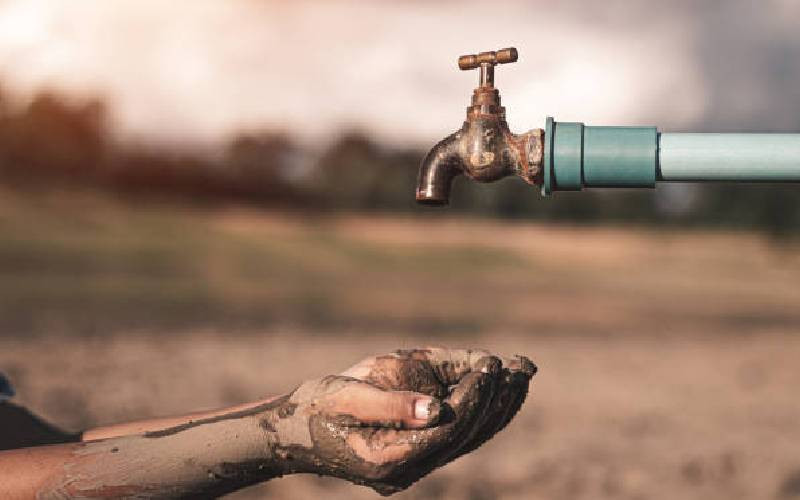×
The Standard e-Paper
Join Thousands Daily

When a group of Maasai people performed at a church's music concert last Saturday, it was not just for the flavor their simple item added to the preceding well-arranged sophisticated singing, but also the other thing that mattered to them.
The singers from rural Endepen in Kajiado County desired to access water, and sought support to sink boreholes to save them long treks, sometimes up to 18km.